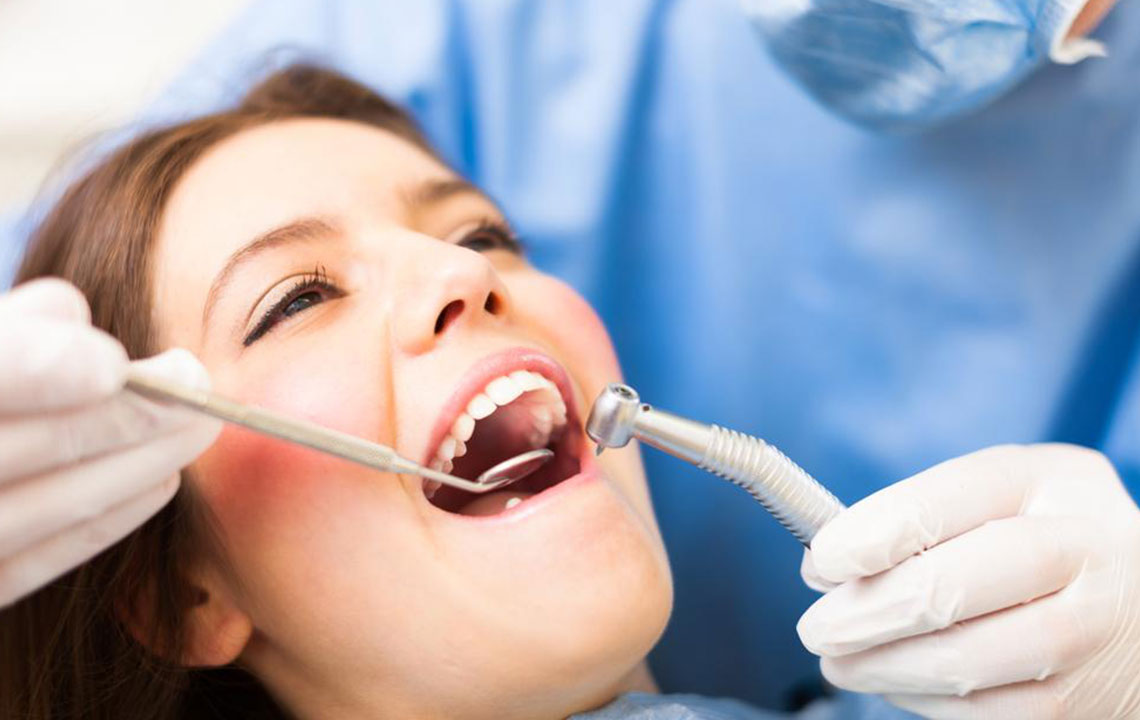Understanding Tongue Ulcers: Causes, Signs, and Remedies
Explore the causes, symptoms, and treatment options for tongue ulcers. Learn how nutritional deficiencies, lifestyle habits, and medical conditions contribute to tongue sores, along with tips for relief and when to seek medical help. This comprehensive guide helps you understand and manage tongue discomfort effectively.

The human tongue is a powerful and versatile muscle crucial for speech, taste, and swallowing. It is covered with tiny bumps called papillae, which contain taste buds responsible for differentiating flavors like sweet, sour, salty, and bitter. Sometimes, these papillae become swollen or develop sores, leading to discomfort that ranges from mild to severe pain or itchiness—commonly known as tongue ulcers. These sores can appear anywhere on the tongue, whether on the sides, back, or beneath the surface.
Let's explore the factors that cause tongue ulcers, their symptoms, and effective treatment options.
Medical reasons behind tongue ulcers include:
Deficiencies in Vitamin B12, folic acid, and iron
Prolonged antibiotic use
Conditions such as strep throat, anemia, or hyperthyroidism
Oral thrush caused by Candida fungus
Hormonal fluctuations in women
Seizures leading to accidental biting during epilepsy
Lifestyle influences on tongue health include:
Consumption of spicy or acidic foods causing irritation
Smoking, which may result in white patches or lesions
Poor oral hygiene and strong chemical ingredients in mouthwash or toothpaste can also trigger ulcers. A notable condition is 'strawberry tongue,' characterized by a bright red, enlarged appearance of taste buds, often linked to Vitamin B12 or folic acid deficiency, commonly observed in scarlet fever. Indicators of a sore tongue include bumps, inflammation, patches, altered taste, swelling, fever, or dehydration. Persistent or worsening ulcers warrant medical consultation, especially if they interfere with swallowing or do not heal within two weeks. Diagnosis involves physical examination and possibly swab tests. Treatment generally includes anti-inflammatory drugs, gentle oral care, and avoiding irritating foods. Healing often takes time, but medical intervention can expedite recovery and address underlying causes.
Disclaimer:
The information provided here is for educational purposes and should not replace professional medical advice. If you experience persistent or severe symptoms, consult a healthcare professional promptly for proper diagnosis and treatment.










